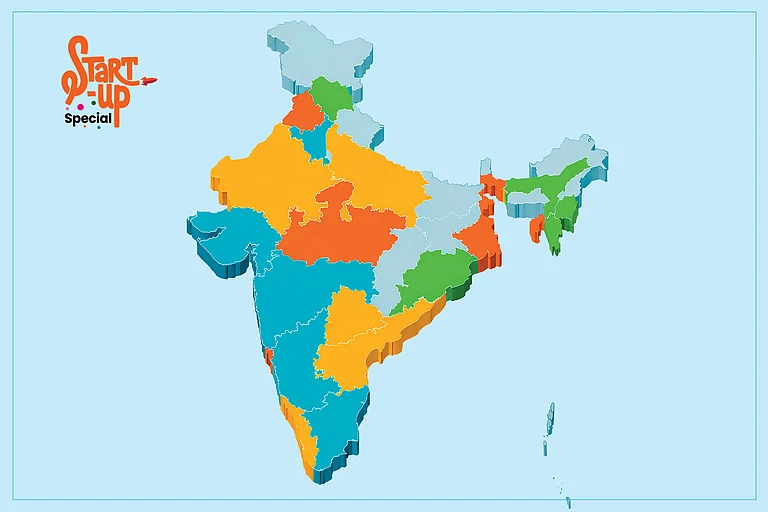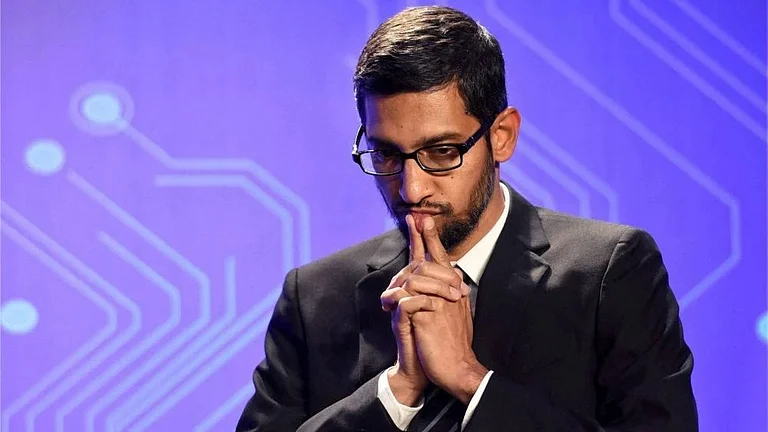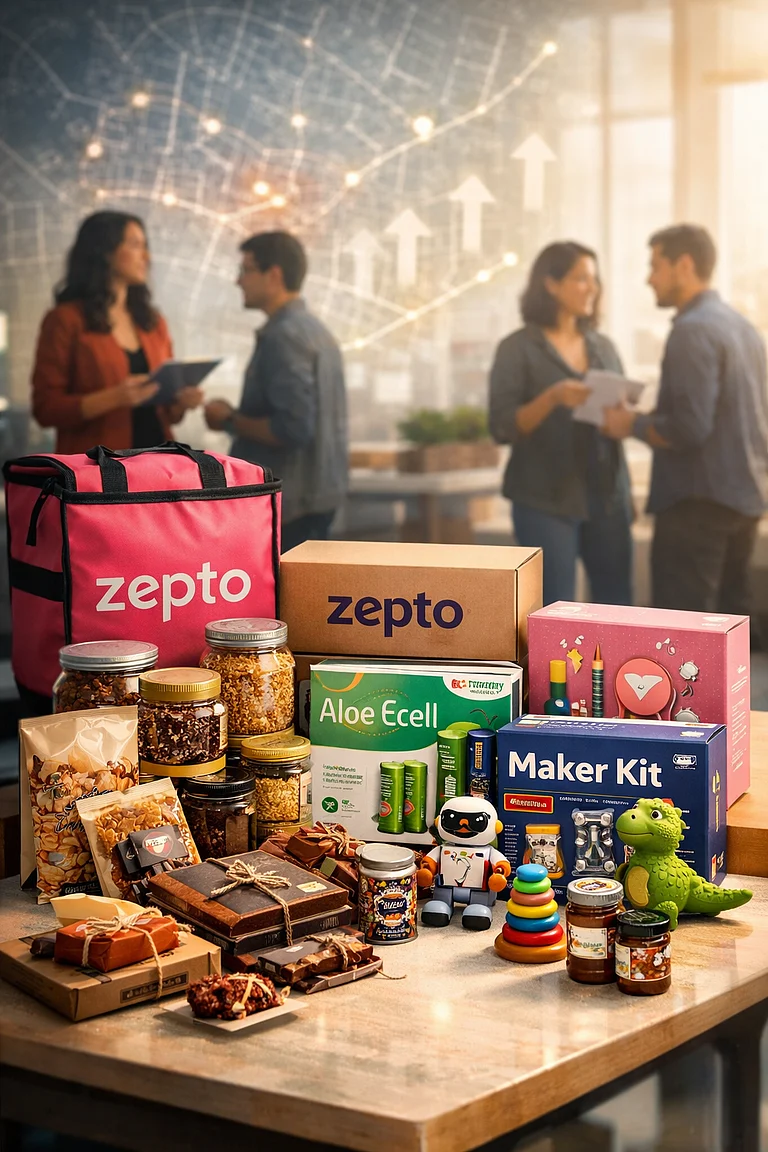Quick commerce start-up Zepto has started boosting its domestic shareholding, bringing Motilal Oswal founders --- Motilal Oswal and Raamdeo Agrawal --- to its cap table, according to a report published by Inc42. The duo came on board through a $100 million secondary transaction.
Each founder has invested $50 million in the IPO-bound start-up, the report said, adding that this investment is part of a larger $350 million round. The remaining amount is being raised from Motilal Oswal’s client network, including several domestic family offices, it added.
The start-up’s early foreign investors are diluting their stake, with the offloading 10-15% of their holding. Currently, Zepto’s domestic shareholding stands at 18%. But this percentage is expected to surpass 20% after the secondary deals. It is pertinent to note that Zepto’s last funding round was also led by domestic investors.
Zepto isn’t the only Indian start-up increasing domestic capital, Zomato’s parent company Eternal adopted a similar strategy about few months ago.
Eternal Goes Local
In April, the Eternal board has proposed capping foreign ownership at 49.5%. This move will enable its quick commerce arm Blinkit to transition from a pure marketplace model to one that holds inventory directly. With this new transition, Eternal will now become a majority Indian-owned company, which follows a different set of rules and allows more flexibility.
As of March 31, Indian investors like financial institutions, retail shareholders, and mutual funds owned 55% share of Eternal. This means the company is qualified for the Indian-owned-and-controlled company (IOCC) under Indian law. However, the proposal needs to be approved by shareholders.
Under this, over 50% of the company’s equity is held by Indian entities or Indian investors. And the right to appoint the majority of directors, to control management or policy decisions through shareholding, management rights, shareholders agreements, or voting agreements rests with Indian companies or citizens.
The IOCC status will be governed by a combination the Foreign Direct Investment (FDI) Policy, Foreign Exchange Management Act (FEMA), 1999, press notes issued by the DPIIT which provide clarifications and guidelines on FDI norms, especially concerning ecommerce and other sensitive sectors, among others.
































